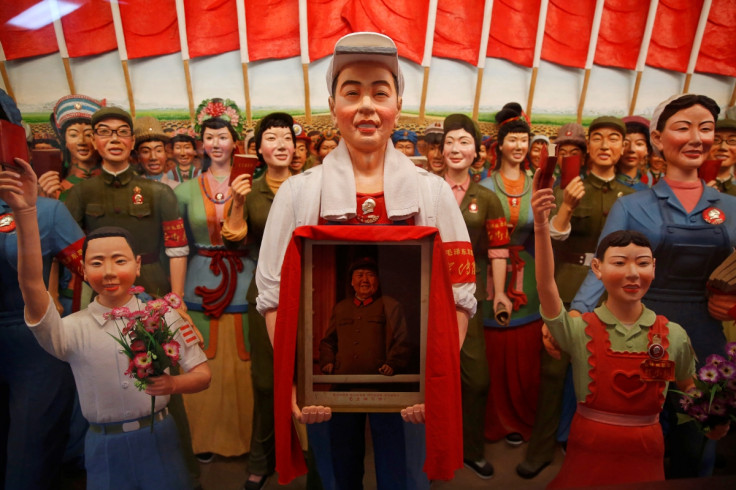China marks 50th anniversary of Cultural Revolution silently

Exactly 50 years ago — on 16 May 1966 — China launched its Cultural Revolution campaign to reinstate and preserve the country's communist ideology. But the state media has barely made a mention of this historic day that also marked the return of Mao Zedong, the then Chairman of the Communist Party of China, to power.
Instead, leading media houses focused on the Chinese government's anger over the South China Sea reports released by the Pentagon, or about Donald Trump.
In a bid to remove his rivals, Mao had started the campaign 50 years ago, which was later declared a mistake by the Communist leader as the warfare had left over 1.5 million people in China dead.
The revolution had set the nation back on the political and economic fronts, and destroyed the country's social fabric, until it tailed off with Mao's death in September 1976.
China has not had any official commemoration to mark the 50th year of the historic event, although, neo-Maoists have been staging private commemorations, the AP reported.
"The Cultural Revolution gave the word revolution a bad name. Yet that was what the party's claim to authority wrested on," David Kelly, director of research at a Beijing based think-tank told Al Jazeera.
"Now it has been replaced by the word reform. In the past you had to show that you were part of the revolution that was going to transform China. Now the fight is over whether you are inside or outside reform," he added saying that the movement almost took China back to the middle ages.
Although the party rejected the movement five years after it ended, the traces of the revolution continued to be visible in the authoritarian political system, the AP reported a veteran journalist Gao Yu as saying.
Gao, who was a university student in 1966, said the violence that took place during that decade was impossible to avoid, although she was initially excited about the revolution. However, it soon faded as she had witnessed her home being raided by fanatical young Red Guards who accused her father – a former ranking party cadre - of disloyalty to Mao.
"I saw so many respected teachers in universities and high schools get beaten up. The movement wasn't so much a high profile political struggle as a massive campaign against humanity," the 72-year-old party critic added. Gao, a dissident, was imprisoned for seven years for leaking state secret documents. However, she was allowed to return home on medical parole.
Chen Shuxiang lost his father to one such incident of students beating up teachers. He is still waiting for answers to know who killed his father or what happened to his bloodied body, according to the New York Times.
"Just before he died, my father wasn't even allowed a mouthful of water," Chen said. The 72-year-old retired teacher who lives in northwest Beijing added: "It's something I don't like to think about even now, but also I want to hear from those who did this. Why did they pick him out? Where did his ashes go?"
China formally closed the chapter about the Cultural Revolution with a 1981 party document that declared it as a "catastrophe" for the nation.
© Copyright IBTimes 2025. All rights reserved.





















